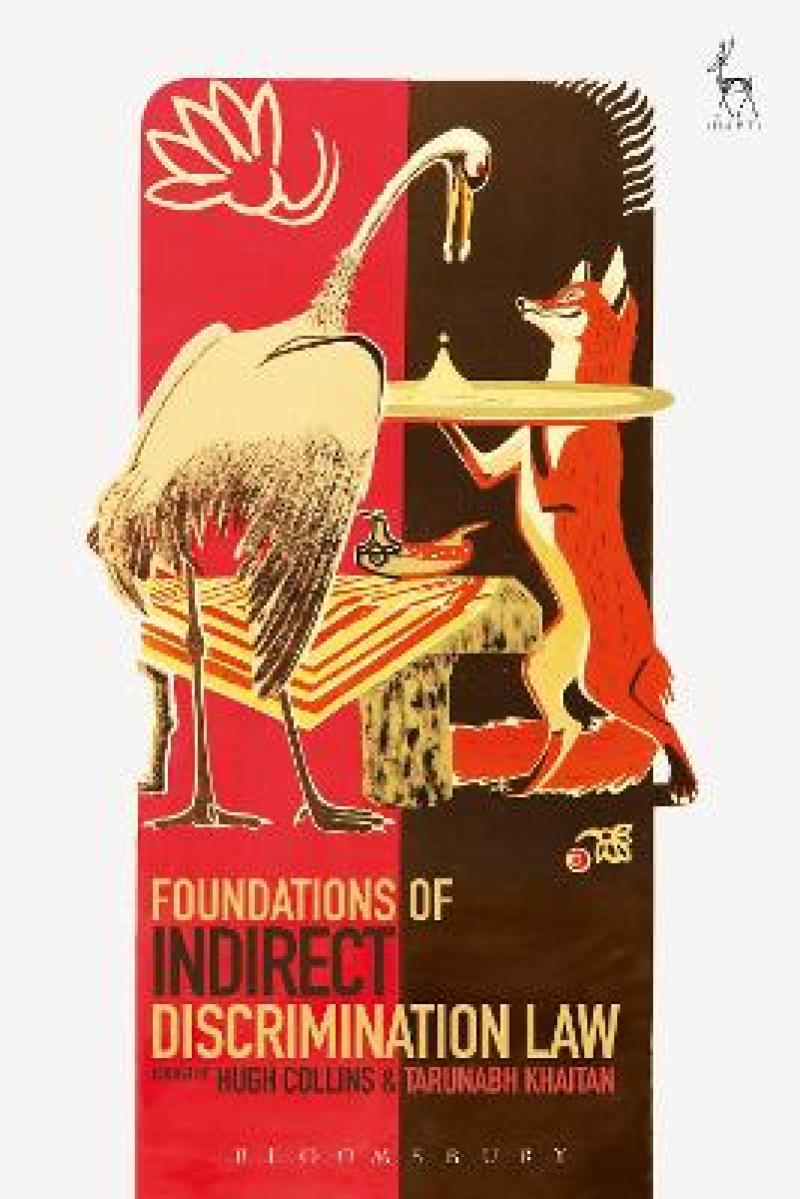[A]n erudite collection of essays which at times is thought provoking... it is not necessarily aimed at practitioners, it is a useful tool in understanding how others analyse the concept of indirect discrimination; it explores some of the factors which may consciously or subconsciously influence the thinking of, and arguments of, opponents and judges in their approach to some of the more difficult issues thrown up by indirect discrimination claims.
- Catrin Lewis, Garden Court Chambers, Briefings, Discrimination Law Association
[T]his book excels in offering a snapshot into contemporary discrimination law scholarship and is a must-read for anyone working in this area. Several of the essays are sure to shape the contours of debates in this field for years.
- Michael P Foran, Trinity Hall, Cambridge Law Journal
Produktdetaljer
Biographical note
Hugh Collins is the Vinerian Professor of English Law, All Souls’ College, Oxford.
Tarunabh Khaitan is Professor (Chair) of Public Law at the LSE Law School, UK, and an Honorary Professorial Fellow at Melbourne Law School, Australia.
